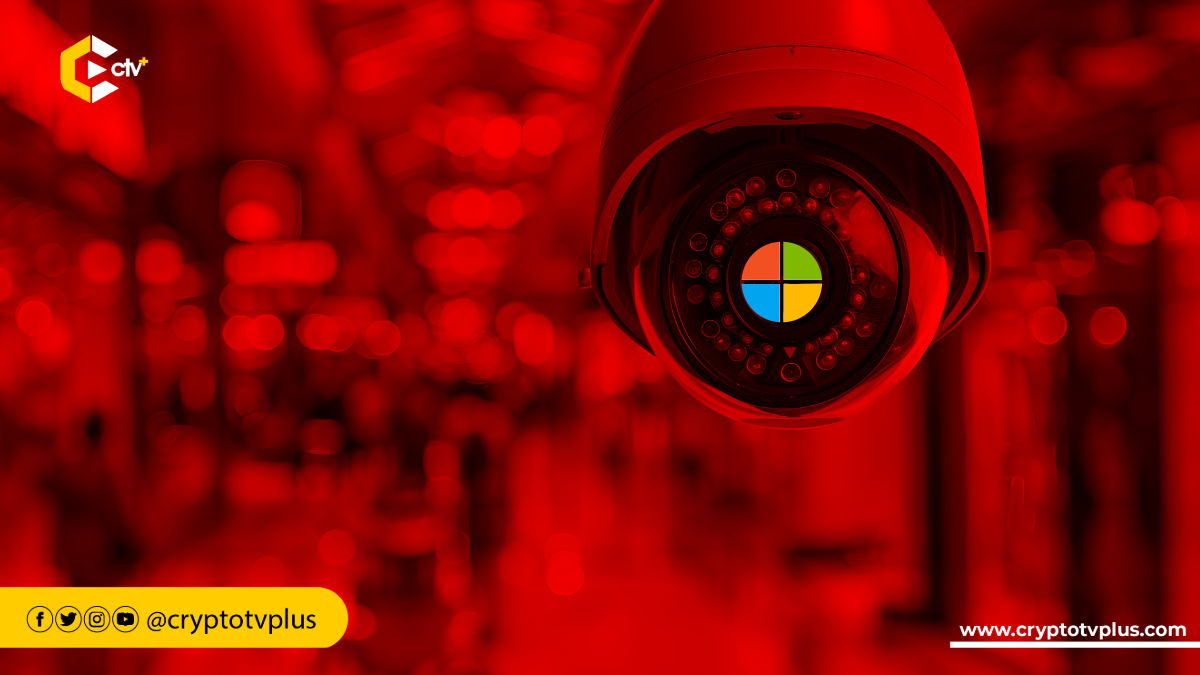News
Is Microsoft’s Recall, the new photographic memory feature, a spy tool?
“This is a Black Mirror episode. Turning this ‘feature’ off,” commented Elon Musk on Microsoft’s new Recall feature.

Software giant Microsoft has unveiled a new feature for select Windows 11 PCs known as “Recall,” which leverages AI technology to keep a comprehensive record of user activity. This feature captures everything that appears on a user’s screen.
As detailed in a May 20 blog post authored by Microsoft Executive Vice President and Consumer Chief Marketing Officer Yusuf Mehdi, the AI-driven Recall feature will be exclusive to Microsoft’s new line of “Copilot+ PCs”.
Microsoft’s Executive Vice President and Consumer Chief Marketing Officer, Yusuf Mehdi, has touted Recall as a feature that effectively grants computers “photographic memory.” Recall employs AI technology to capture periodic screenshots of users’ interactions with their PCs, documenting their activities in real-time.
Yusuf Mehdi, Microsoft’s Executive Vice President and Consumer Chief Marketing Officer, highlighted one of the most exasperating challenges faced by PC users daily: locating information or content they know they have previously accessed on their computers.
“Copilot+ PCs organize information as we do – based on relationships and associations unique to each of our individual experiences,” explained Medhi, adding
“This helps you remember things you may have forgotten so you can find what you’re looking for quickly and intuitively by simply using the cues you remember.”
A demo video released by Microsoft provides further insights into the capabilities of Recall, showcasing how users can effortlessly navigate a visual timeline to access content from various sources, such as previously visited websites, documents, or applications.
Another significant aspect of Recall is its ability to employ AI-driven object recognition within captured snapshots. This enables the feature to offer suggested actions based on the identified objects within past content, providing users with additional functionality and an intuitive way to interact with their digital history.
In other news, the UK Competition and Markets Authority (CMA) takes a deeper look into Microsoft-OpenAI partnership
Microsoft has also made it a priority to address potential privacy concerns by giving users control over their settings within Recall. Users can remove individual snapshots, customize the time range for indexing, pause the recording process, or exclude specific apps or websites from being indexed.
The Recall feature bears a striking resemblance to a fictional technology showcased in the British science fiction anthology television series, Black Mirror.
“The Entire History of You,” the third and final episode of Black Mirror’s first series, presents a dystopian future where characters possess the ability to access their memories at will and display them on a screen for others to witness.
Billionaire entrepreneur Elon Musk shared his observations regarding the likeness between Recall and the technology depicted in Black Mirror on May 21, taking to his social media platform X to voice his thoughts.
“This is a Black Mirror episode. Turning this “feature” off.”
Some users have expressed concerns about the underlying generative AI technology, as reported by global digital content publishing network 80 Level. These concerns revolve around the possibility of personal data being used to train Microsoft’s AI models without the explicit consent of the individuals involved.













1 Comment